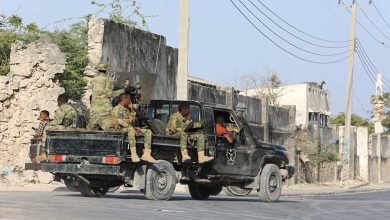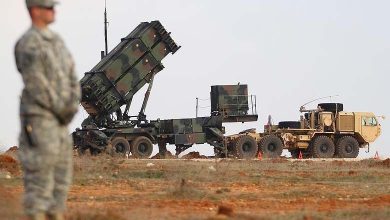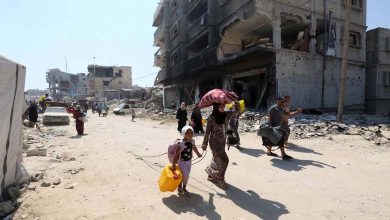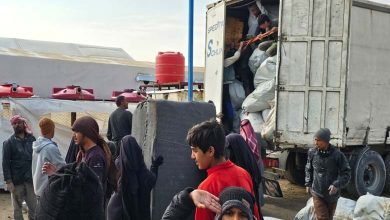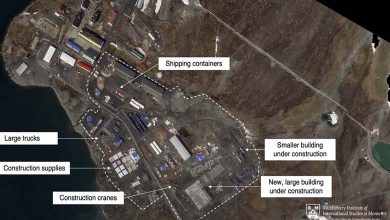Double disaster… Refugees in Sudan caught between the hell of Khartoum or the danger of returning to their homeland
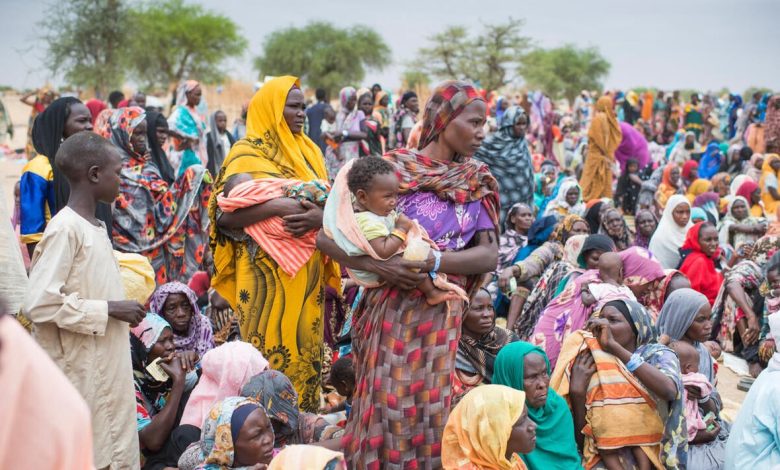
For several years, the Sudanese capital Khartoum has been a sort of sanctuary for refugees fleeing neighboring countries, a few from farther afield, with Sudanese NGOs working in the city alongside the authorities and the UN Refugee Agency (UNHCR), caring for nearly 300,000 asylum seekers from South Sudan, Ethiopia, Eritrea, Chad, the Central African Republic and even Syria.
Egypt’s Safe Destination
The Associated Press reports that since April, when Sudan suddenly became a battleground for rival factions of the ruling elite, Khartoum has generated a whole new generation of refugees, and UNHCR suspects the conflict could soon push 800,000 of them – mostly Sudanese citizens – into neighboring countries.
In Chad, where refugee camps have been overcrowded for the past 20 years, aid workers have documented Sudanese refugees sleeping under trees, and Ethiopia, South Sudan, the Central African Republic and Libya have their conflicts or economic crises (or both), the most stable option and the only safe destination is Egypt, where tens of thousands of Sudanese who can afford to get there have already gone.
Displacement shock
For most refugees hosted in Sudan before the latest round of violence began, there are no good options, the agency said. “The risks that drove them to seek shelter in Sudan in the first place have hardly diminished, and the risks they face of being forced to return home prematurely must be taken seriously.”
“For many, staying in Sudan means experiencing the trauma of being displaced again, the agency noted, with more than half of the 300,000 refugees who lived in Khartoum before the conflict having to leave the city, and worst of all, the networks created in Sudan to support the refugees are rapidly eroding.”
There are fears that the deteriorating security situation could lead to more cases of refugees being exploited or harmed. “The Sudanese government says it has ordered its border officers to look for any increase in human trafficking and in addition, the violence has forced UNHCR to move staff from Khartoum to Port Sudan, 850 kilometers away on the Red Sea coast, leaving the 150,000 refugees still in the capital particularly vulnerable.”
“If fighting continues, our ability to reach some of these vulnerable people is significantly restricted,” said a UNHCR spokesperson.



